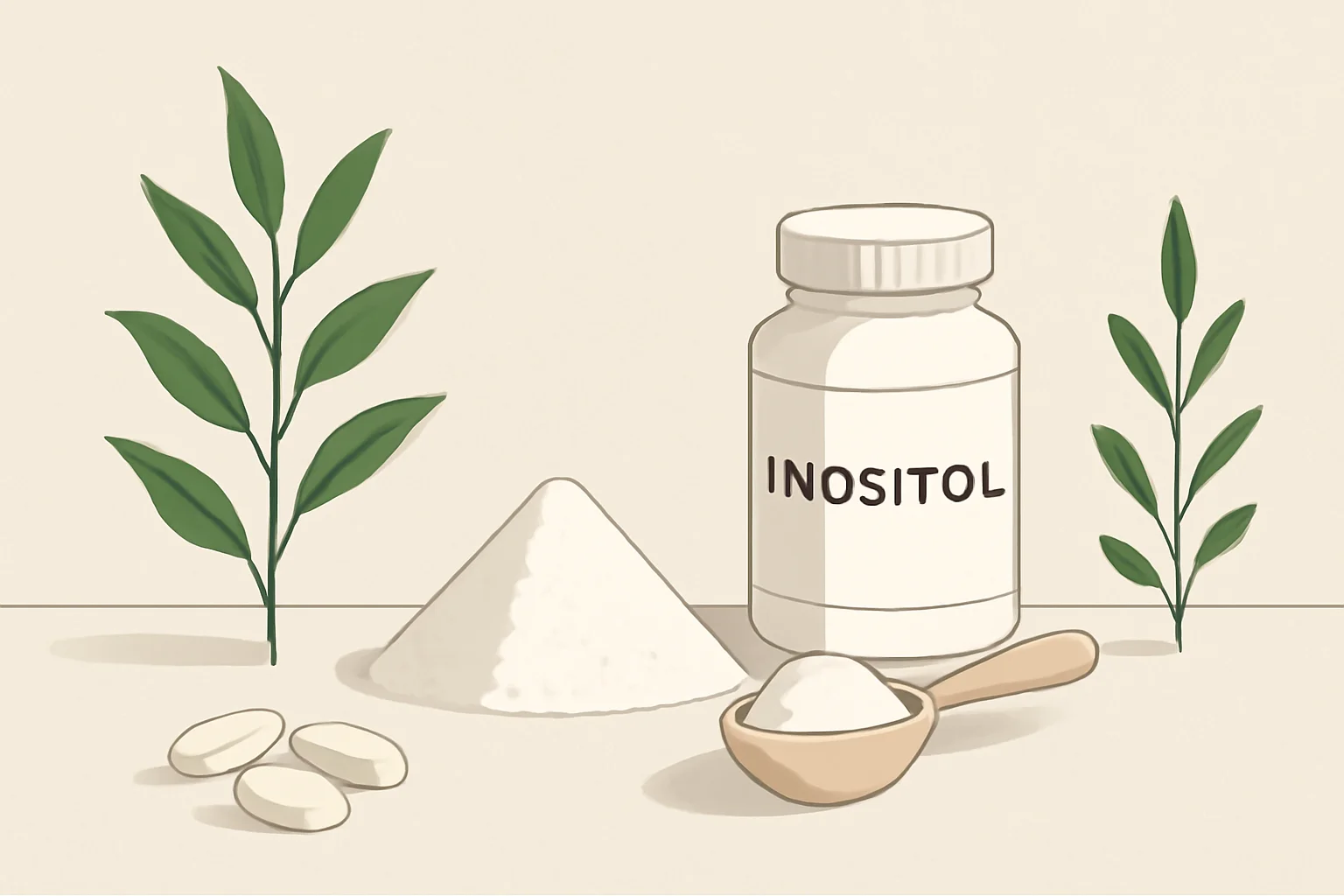
Maintaining Hormonal Balance: Tips and Information for Everyone
A hormones play a key role in the functioning of the human body, and maintaining hormonal balance is essential for well-being and health. These small but powerful compounds regulate many functions of the body, including growth, metabolism, mood, and the reproductive system. Disruption of hormonal balance can lead to various problems, including fatigue, mood swings, weight gain or loss, and menstrual disorders in women. Modern lifestyle, stress, poor nutrition, and environmental factors can all contribute to the disruption of hormonal balance.
People often do not realize how their everyday decisions, such as eating habits, amount of exercise, and stress management techniques, affect their hormonal system. To restore hormonal balance, it is important to recognize the issues and consciously strive for a balanced lifestyle. Proper nutrition, regular exercise, and stress management are all fundamental elements of this process.
In this article, we will take a closer look at what hormonal balance is, how hormones influence our body, and what steps we can take to restore hormonal balance.
The Importance of Hormonal Balance
Hormonal balance is the foundation of the body’s proper functioning. Hormones such as estrogen, testosterone, cortisol, and insulin each serve different functions. These compounds circulate in the bloodstream and affect metabolism, sexual functions, mood, as well as growth and development of the body.
When hormone levels are not adequate, the body can respond in various ways. For example, high cortisol levels, which is the stress hormone, can cause fatigue, weight gain, and anxiety in the long term. Similarly, fluctuations in estrogen and testosterone levels can cause problems in both women and men, such as menstrual disorders or decreased libido.
To maintain hormonal balance, it is important to pay attention to our lifestyle. A healthy diet, regular exercise, and stress management can all contribute to balancing hormone levels. In terms of nutrition, it is advisable to focus on foods rich in vitamins and minerals, such as vegetables, fruits, healthy fats, and proteins.
Maintaining hormonal balance is not only important for physical health but also for mental well-being. Stable hormone levels contribute to a balanced mood and well-being, while hormonal disorders can lead to mood swings and anxiety.
How Hormones Influence Body Functioning
The effects of hormones encompass a wide spectrum. Since hormones are chemical messengers released from glands, they travel through the bloodstream to target cells, where they trigger various reactions. For example, insulin, produced by the pancreas, regulates blood sugar levels, while thyroid hormones influence metabolism.
The growth hormone, produced by the pituitary gland, is essential for the growth and development of the body. Estrogen and testosterone play roles in sexual development and reproductive health. Cortisol, as a stress hormone, helps the body respond to stressful situations; however, if its levels remain consistently high, it can have harmful effects on health.
To establish balance among hormones, it is important to pay attention to the signals from our body. Disruption of hormonal balance can manifest through various symptoms, such as sudden weight changes, mood swings, sleep disturbances, or sexual dysfunction. If these symptoms persist, it may be important to seek medical advice.
Our lifestyle also significantly impacts our hormonal levels. Stress management techniques such as meditation, breathing exercises, or yoga can help reduce cortisol levels. Regular exercise not only improves physical health but also contributes to maintaining hormonal balance. A healthy diet, rich in vitamins and minerals, is also essential for the proper functioning of the hormonal system.
Restoring Hormonal Balance
Restoring hormonal balance is not always an easy task, but there are several steps we can take to support our hormonal system. The primary step is to change our lifestyle, focusing on nutrition, exercise, and stress management.
The principles of healthy eating include consuming fresh fruits and vegetables, reducing processed foods, and ensuring an adequate intake of protein, fat, and carbohydrates. Fatty acids, such as omega-3s found in fish and nuts, can contribute to hormonal balance. Foods rich in antioxidants, such as berries, can also help reduce inflammation, which positively affects the hormonal system.
Regular exercise is crucial not only for maintaining physical fitness but also for restoring hormonal balance. Exercise increases the levels of endorphins, the happiness hormones, which help reduce stress and improve mood. Additionally, exercise helps increase insulin sensitivity, which is important for regulating blood sugar levels.
Stress management also plays a key role in restoring hormonal balance. To reduce stress, it is advisable to try relaxation techniques such as meditation, breathing exercises, or yoga. These practices can help lower cortisol levels and improve mental well-being.
Natural Methods for Maintaining Hormonal Balance
Natural methods for maintaining hormonal balance include proper nutrition, regular exercise, and stress management, as well as other factors such as adequate sleep and hydration.
Sleep is essential for maintaining hormonal balance. Lack of sleep negatively affects hormone production, particularly growth hormone and cortisol. Establishing proper sleep habits—such as a regular sleep schedule, a comfortable sleeping environment, and reducing screen time before bed—can help maintain hormonal balance.
Proper hydration is also an important factor in preserving hormonal balance. Water helps eliminate toxins and ensures the proper functioning of cells. Dehydration can affect hormone production and metabolism, so it is important to pay attention to daily water intake.
Natural dietary supplements, such as vitamins and minerals, can also contribute to maintaining hormonal balance. Vitamin D, magnesium, and zinc, for example, play important roles in the proper functioning of the hormonal system. However, it is advisable to consult a doctor before taking supplements to ensure that the chosen supplements meet individual needs.
Therefore, there are many natural methods available to maintain hormonal balance. A conscious lifestyle, consuming nutritious foods, and applying stress management techniques can all contribute to the stability of the hormonal system.
It is important to note that the information described in this article does not replace medical advice. If you are struggling with hormonal issues, always consult your doctor for the appropriate diagnosis and treatment.

